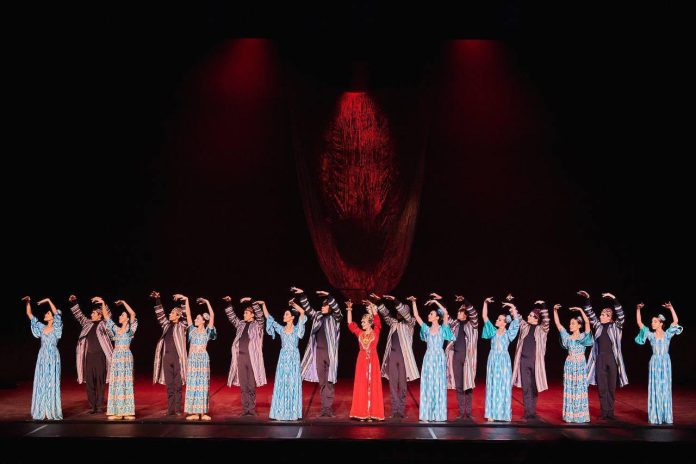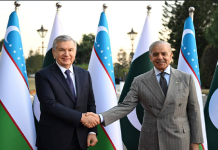By Bela Kogan
- Not just a concert – it was a true immersion into a world of music and visual imagery
In the heart of the British capital, at the legendary London Coliseum, Uzbekistan has unveiled its rich cultural heritage to the world. Two captivating events, organized by the Uzbek Embassy to celebrate the 33rd anniversary of the republic’s independence, left an indelible impression on London’s discerning audience.
Symphony of Elements
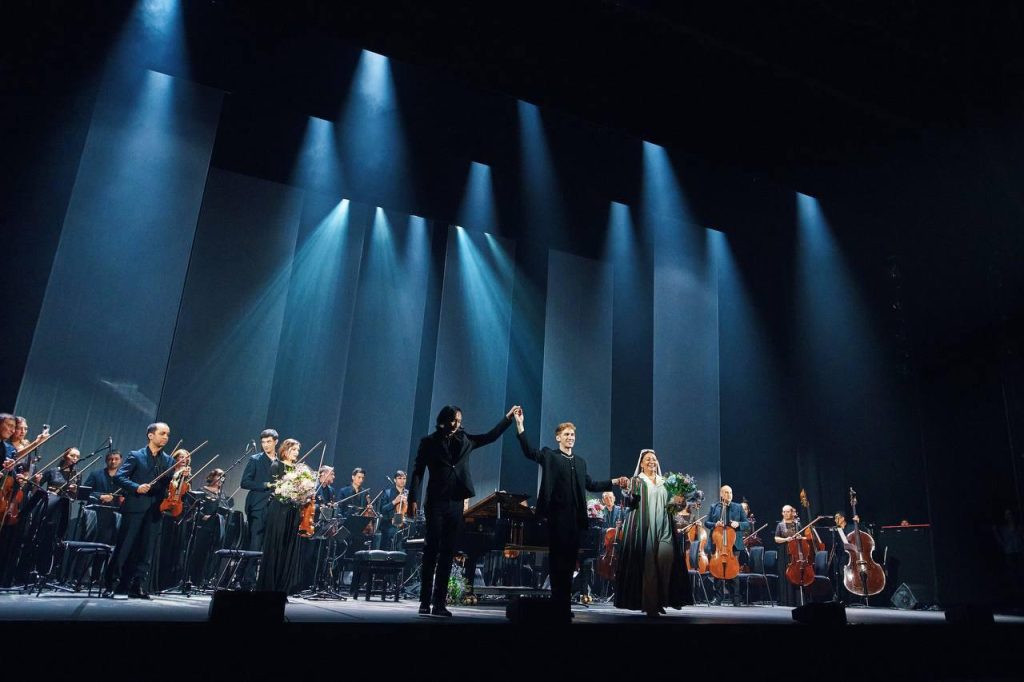
The first evening opened with a performance by the Uzbek Symphony Orchestra, conducted by the renowned maestro H. The program, combining classical and national compositions, was not just a concert – it was a true immersion into a world of music and visual imagery.
“The fusion of traditional Uzbek melodies with classical orchestration was simply breathtaking,” remarked Sarah Thompson, a music critic from The Guardian. “It’s rare to see such a seamless blend of cultural elements in a symphony performance.”
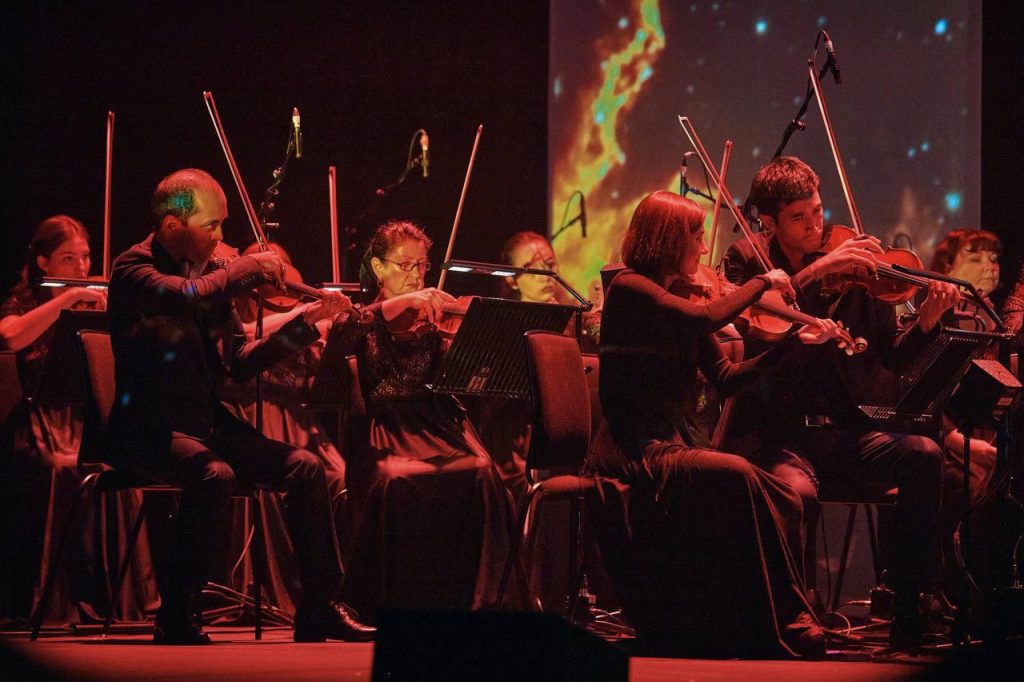
The audience, a diverse mix of diplomats, art enthusiasts, and members of London’s Uzbek community, was mesmerized by a kaleidoscope of vivid and emotional video sequences depicting water, fire, and other elements, creating a truly immersive experience that complemented the music perfectly.
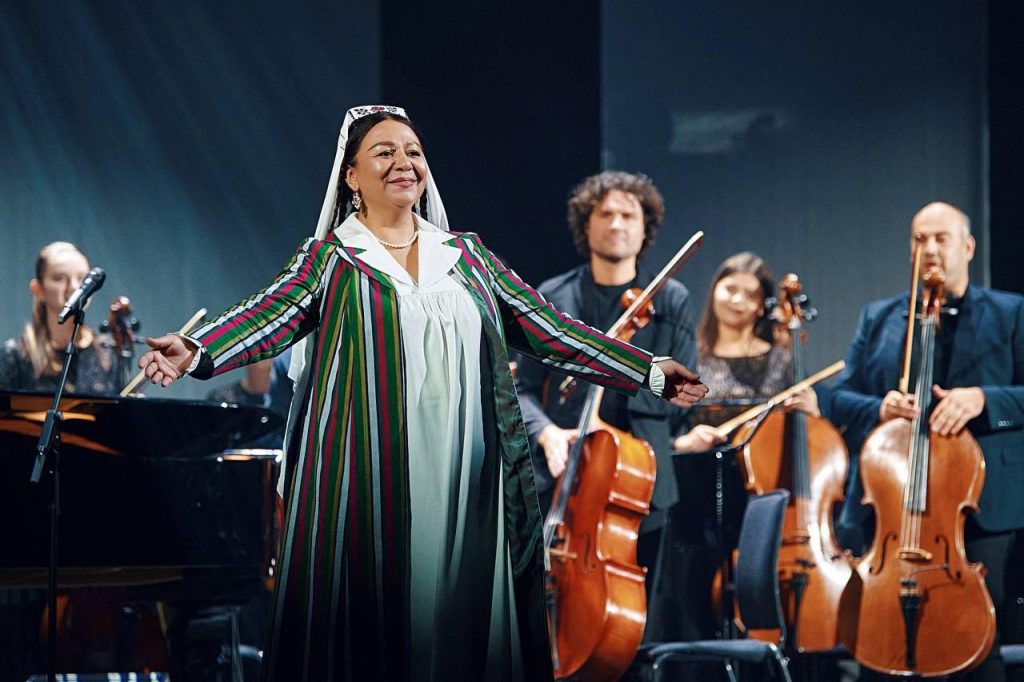
Lazgi: A Revolutionary Ballet
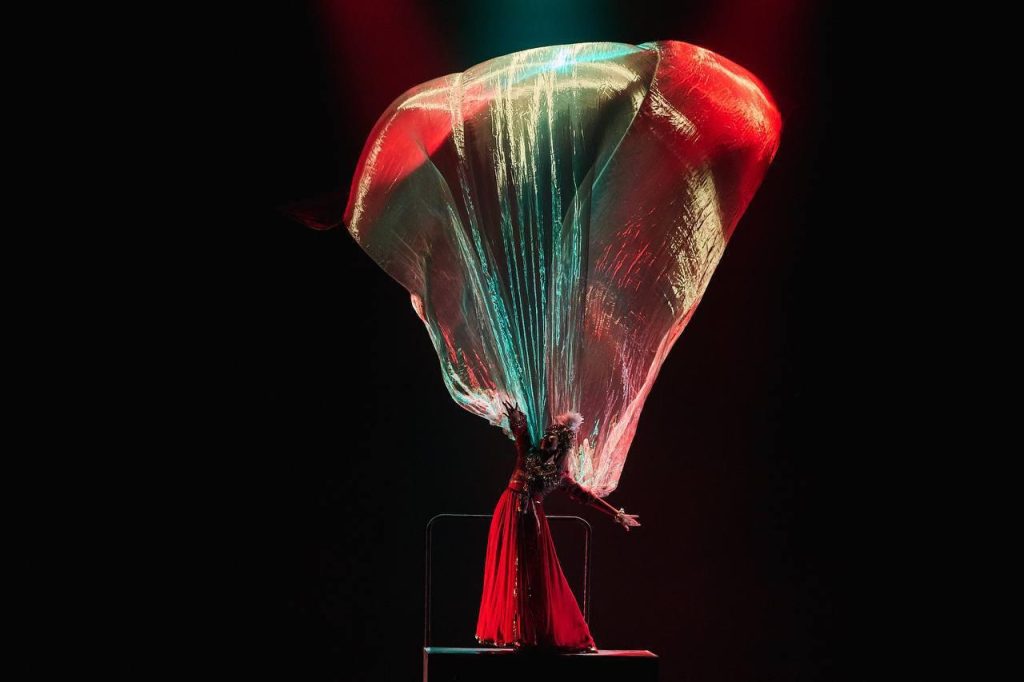
The second event, a mind-blowing performance by the Uzbek ballet, took the audience’s breath away. Titled “Lazgi,” this show transcended the boundaries of traditional ballet.
“I’ve been to countless ballet performances, but ‘Lazgi’ was unlike anything I’ve ever seen,” said John Carter, a seasoned ballet critic. “The innovative use of sand to create a waterfall effect was particularly stunning.”
However, not all aspects of the performance received universal acclaim. Some viewers found the section featuring dancers as ‘office plankton’ to be a bit disjointed from the overall theme. “While technically impressive, that particular segment felt out of place in an otherwise cohesive performance,” noted Emma Roberts, an attendee from the Royal Ballet School.
Audience and Impact
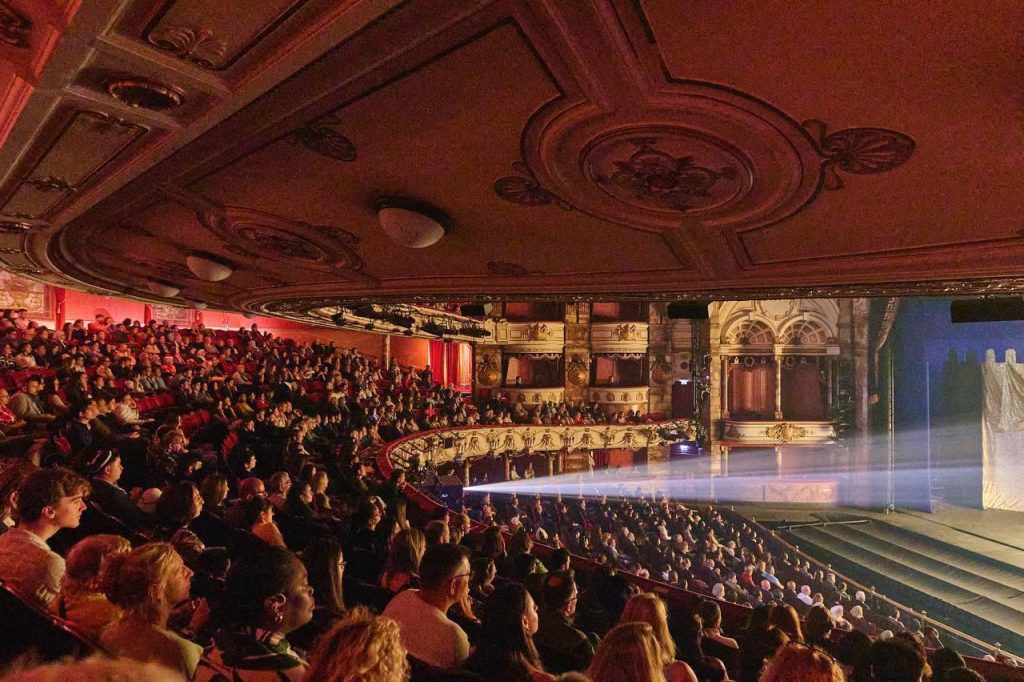
The events drew a diverse crowd, including members of the diplomatic corps, art critics, cultural attachés, and a significant number of London’s Uzbek diaspora. Notable attendees included several prominent figures from London’s art scene and the director of the British Council’s Central Asia program.
“Seeing our culture presented so beautifully on this world-renowned stage filled me with immense pride,” shared Aziz Usmanov, a London-based Uzbek businessman. “It’s a powerful reminder of our heritage and its relevance in today’s world.”
Future Implications and Challenges
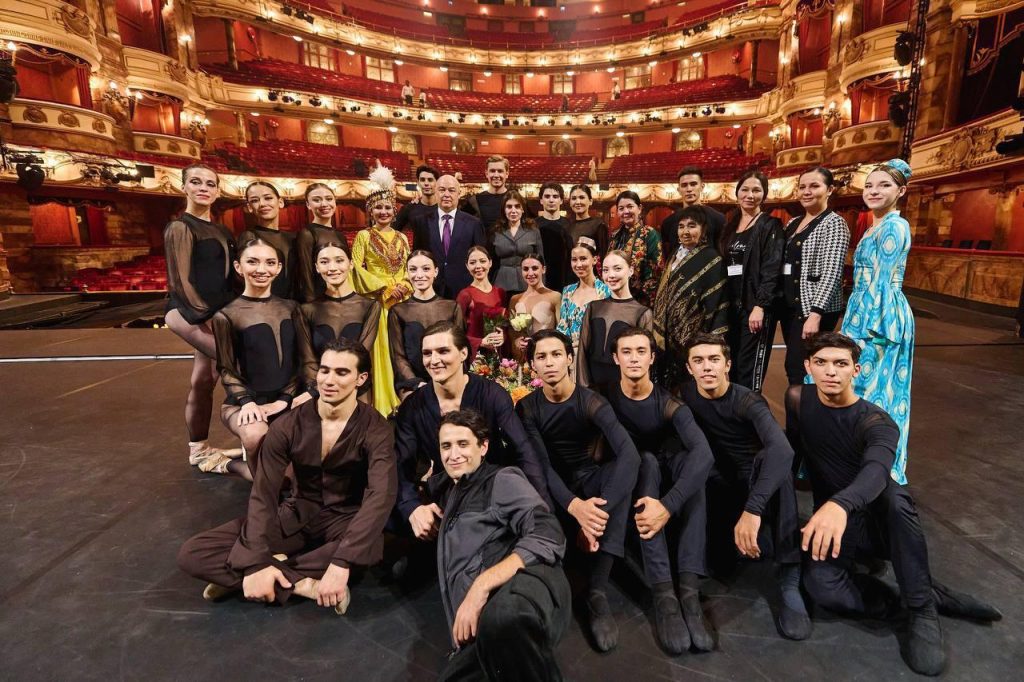
These performances mark a significant step in Uzbekistan’s cultural diplomacy efforts. Ambassador of Uzbekistan to the UK, Ravshan Usmanov, expressed optimism about the future: “These events have opened new doors for cultural exchange. We’re already in talks with several British institutions about potential collaborations.”
However, challenges remain in sustaining this momentum. Critics point out that while these high-profile events are impactful, there’s a need for more consistent cultural programming to maintain engagement. Additionally, some observers noted that the performances, while impressive, primarily showcased traditional aspects of Uzbek culture.
“It would be interesting to see more contemporary Uzbek art and music in future events,” suggested Dr. Laura Evans, a Central Asian studies expert at SOAS University of London. “This could help present a more rounded view of Uzbekistan’s vibrant cultural scene.”
Moreover, despite the success of these events, there’s a growing consensus that Uzbekistan needs to invest more heavily in promoting itself internationally. “These performances were spectacular, but they also highlighted how little many people in Europe and around the world know about Uzbekistan,” noted James Wilson, a cultural attaché at the British Embassy in Tashkent. “There’s a real opportunity here for Uzbekistan to step up its efforts in international promotion and cultural exchange.”
This sentiment was echoed by several attendees who admitted to having limited knowledge of Uzbekistan prior to the event. Sarah Green, a London-based arts patron, remarked, “I was amazed by what I saw tonight, but it also made me realize how much more there is to discover about Uzbekistan. I think many people here would be eager to learn more if given the opportunity.”
Uzbekistan’s Cultural March Across Europe
This showcase in London is part of a larger cultural march across Europe by the new Uzbekistan. Just a month after Uzbek athletes set impressive records at the Paris Olympics, the country’s rich culture is now conquering the famously discerning British capital.
As the curtain fell on these remarkable performances, it was clear that Uzbekistan had not just presented its culture but had made a lasting impact on London’s cultural scene. The country has shown that it is not only preserving its rich heritage but also evolving it, creating art that speaks to both its own people and the wider world.
“These events have certainly put Uzbekistan on London’s cultural map,” concluded Richard Hawkins, director of the East London Arts Festival. “The challenge now is to build on this success and create lasting cultural bridges between our countries.”
This cultural triumph in London, following the sporting success in Paris, marks a new chapter in Uzbekistan’s international presence. It showcases a country proud of its past, confident in its present, and innovative in its approach to the future. As Uzbekistan continues to share its culture with the world, it’s clear that this is just the beginning of what promises to be a fascinating cultural journey, albeit one that will require continued effort and innovation to maintain its momentum on the global stage.



